

You have a new child starting in your room, their excited, their parents are happy and the family seems to be settling in well with the centre environment. The first day has come for the child to start, parents say goodbye and then the child starts - screaming, crying, pulling, begging their parent not to leave.
Toddlers want to do more on their own and do not like it when you begin to establish limits on their behaviour. Tantrums can become frequent when a toddler can't get what they want. This is a natural part of their social and emotional development. Toddlers are also curious about other people and will tend to stare at anyone who attracts their attention.
Toddlers use language in more sophisticated ways during this phase of their life. This occurs as a toddler has a better grasp of the rules of the language, through increased vocabulary and learning new skills. They are becoming increasingly familiar with the concept of conversation and through play and social interactions it strengthens and improves their verbal skills.
Toddler advance and gains new skills in Gross Motor Development milestones achieved throughout earlier years. Co-ordination and challenges that could not be performed before such as hopping, skipping and balancing are now easier to attempt. Toddlers are more agile and athletic during this stage than before.
As your toddler progresses during this stage, Fine Motor Development becomes increasingly important. Not because this helps your toddler become more independent, it's because it is linked to problem solving and cognitive development & learning.
Toddlers have a greater understanding of the world around them by this stage. Their cognitive development (also known as intellectual development and thinking skills) continues to increase during this period. The ability to learn new skills, understanding of concepts, begins to make sense of current events, solve problems and use of memory steadily improves. Toddlers will begin to interpret the meanings of their experiences and they also have a vivid imagination.
Attention deficit hyperactivity disorder (ADHD) is a psychiatric disorder of the neurodevelopmental type in which there are significant problems of attention and/or hyperactivity and acting impulsively that are not appropriate for a person's age. These symptoms must begin by age six to twelve and be present for more than six months for a diagnosis to be made. In school-aged children the lack of focus may result in poor school performance. This article gives you info on ADHD in Children.
Autism is a disorder of neural development characterized by impaired social interaction and communication, and by restricted and repetitive behaviour. These signs all begin before a child is three years old.
As a parent, your behavioural expectations of your child can be higher than what is actually developmentally appropriate for your child's age.
It is fairly common for your child to behave inappropriately as they begin to grow and gain independence. It is necessary to discipline your child in order for them to learn to accept a set of rules, behave in an acceptable manner, respect limits of freedom (rather than having their own way) and obey you (the parents). Discipline is an action directed towards improving the individual child.
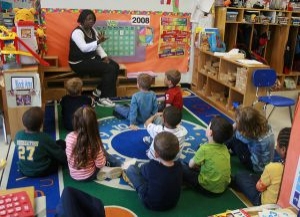 Working as a childcare professional can be a challenge especially when dealing with behavioural problems which may arise. The techniques we use when dealing with… Read More
Working as a childcare professional can be a challenge especially when dealing with behavioural problems which may arise. The techniques we use when dealing with… Read More
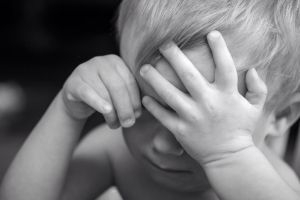 There are different types of behaviour that children can display and sometimes it can be hard to manage, especially if a child is having behavioural… Read More
There are different types of behaviour that children can display and sometimes it can be hard to manage, especially if a child is having behavioural… Read More
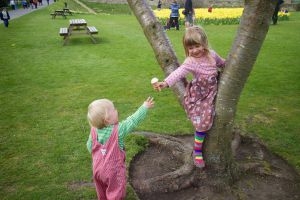 As a parent, your behavioural expectations of your child can be higher than what is actually developmentally appropriate for your child's age.
Read More
As a parent, your behavioural expectations of your child can be higher than what is actually developmentally appropriate for your child's age.
Read More
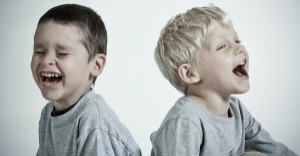 As Educators, there will be many instances where you will need to write about a child's behaviour. For a behaviour management plan, assessments, half-yearly or… Read More
As Educators, there will be many instances where you will need to write about a child's behaviour. For a behaviour management plan, assessments, half-yearly or… Read More
 As Educators when communicating with Parents (through verbal or non-verbal communication), there will be times where we need to discuss issues or concerns that may… Read More
As Educators when communicating with Parents (through verbal or non-verbal communication), there will be times where we need to discuss issues or concerns that may… Read More
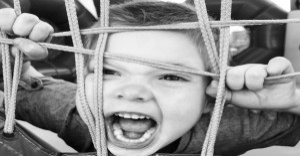 Challenging Behaviour is when a child does something that hurts themselves and/or other people.
Read More
Challenging Behaviour is when a child does something that hurts themselves and/or other people.
Read More
 As part of your child's development it is normal for your child to have anxiety and fears. A baby commonly shows a fearful sign to… Read More
As part of your child's development it is normal for your child to have anxiety and fears. A baby commonly shows a fearful sign to… Read More
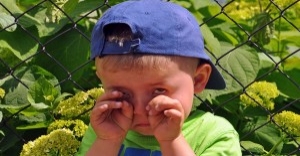 It's always difficult to bring up behavioural issues with parents, it can be nerve wrecking to tell a parent that their child misbehaves but that… Read More
It's always difficult to bring up behavioural issues with parents, it can be nerve wrecking to tell a parent that their child misbehaves but that… Read More
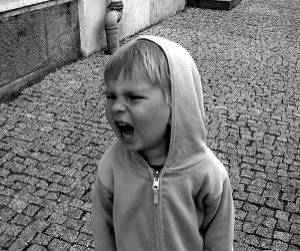 All children deal with anger on a daily basis. Thinking about it as a child, there is a lot to be angry about. Elder people… Read More
All children deal with anger on a daily basis. Thinking about it as a child, there is a lot to be angry about. Elder people… Read More
 It is important to understand that your child behaviour problems could not just be from attention seeking. There are many factors to take into consideration… Read More
It is important to understand that your child behaviour problems could not just be from attention seeking. There are many factors to take into consideration… Read More

It is important to understand that your child behaviour problems could not just be from...
See more...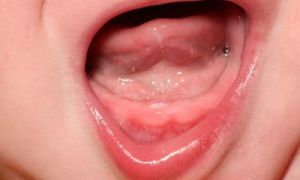
It's so exciting to notice your baby's very first tooth coming through. Most babies “grow”...
See more...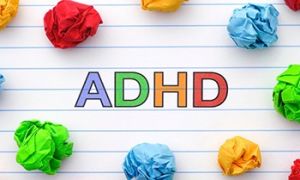
Attention Deficit Hyperactivity Disorder (ADHD) is a neurodevelopmental condition that affects a child’s ability to...
See more...© 2009-2025 Aussie Childcare Network Pty Ltd. All Rights Reserved.

